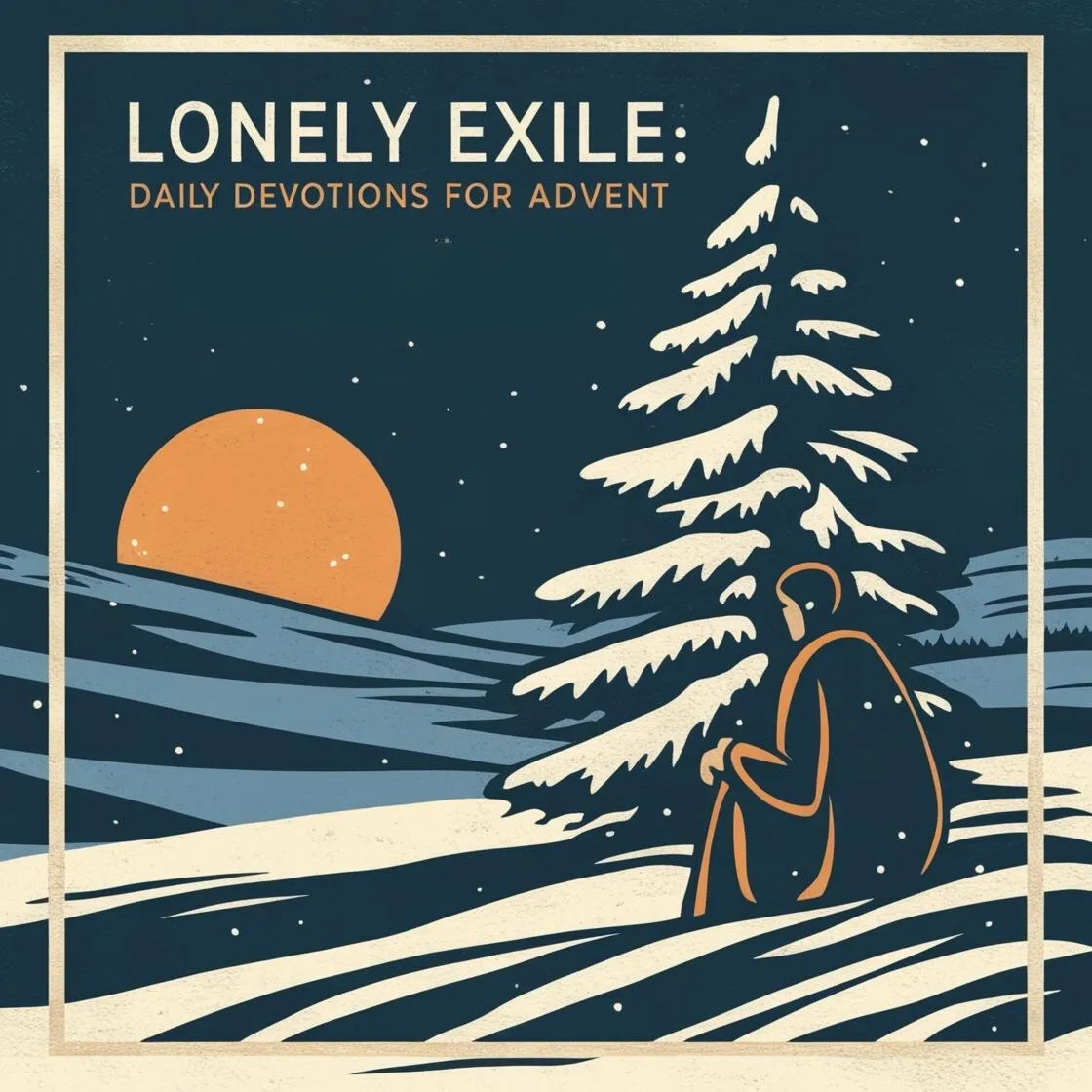Lonely Exile: A Daily Advent Devotional
Part Seventeen: Who's In the Cabinet?
Now in that same region there were shepherds living in the fields, keeping watch over their flock by night. Luke 2:8, NRSVue
You can tell a lot about someone, say the leader of an incoming administration, by the people with whom they surround themselves. Their cabinet, the people they invite to share their leadership, will likely be reflective of their agenda. Who is being invited to the table? Is it the billionaires? Those who have a vested interest in upholding the status quo? These choices are telling.
This is also true of the Christmas story. To whom the birth of the Christ-child is announced will tell us something about the kind of messiah this child will become. The first to hear about the birth of Jesus were not the wealthy or the powerful. Far from it. It was an unspecified group of shepherds, out in a field with their sheep, who first heard the good news of great joy the angels announced. The priorities of this new leader will not be to uphold the status quo, but to pull in close those who have been unjustly marginalized and excluded.
If those are the priorities of Jesus’s administration—the Kingdom of God, as he called it—then for Christians Advent is a time to be reminded that this is our work, too. It’s also a season to recommit ourselves to the work of bringing justice and peace on earth, so that, as the prophet Amos said, justice will “roll down like water and righteousness like an ever-flowing stream.”
Question for Reflection:
Who else ends up being included in the Jesus story that might be surprising? What do they tell us about Jesus’s movement? How does that movement challenge the status quo?



And this is why I continue to be fascinated and compelled by Jesus.